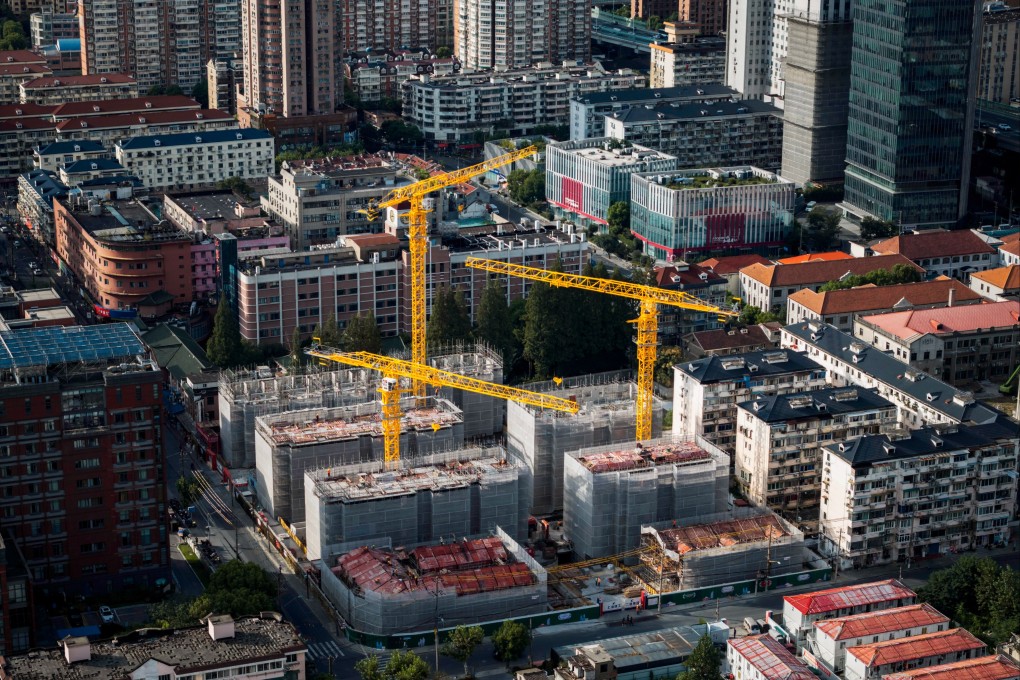China’s home prices decline in July as property crisis worsens
- Prices of new homes in China fell 0.2 per cent month on month in July, after staying unchanged in June
- Sluggish home sales and Country Garden’s liquidity crisis could spill over to other industries and lead to contagion risks, Natixis senior economist Gary Ng says

Of the 70 cities tracked by the National Bureau of Statistics (NBS), only 20 cities registered an increase in new home prices last month, compared with 31 in June, while prices of second-hand homes rose in only six cities. In June, prices were flat.
“At present, the real estate market is in an adjustment stage, and some real estate companies have encountered certain difficulties in their operations,” said NBS spokesman Fu Linghui. “In particular, the debt risks of some leading real estate companies have been exposed, which has affected market expectations.”
Analysts at JPMorgan said that China’s residential property market could see a sharper-than-expected contraction this year. The US investment bank expects the value of new home sales to contract 10 per cent this year, compared with a previous estimate for a 4 per cent decline, Reuters reported on Tuesday.